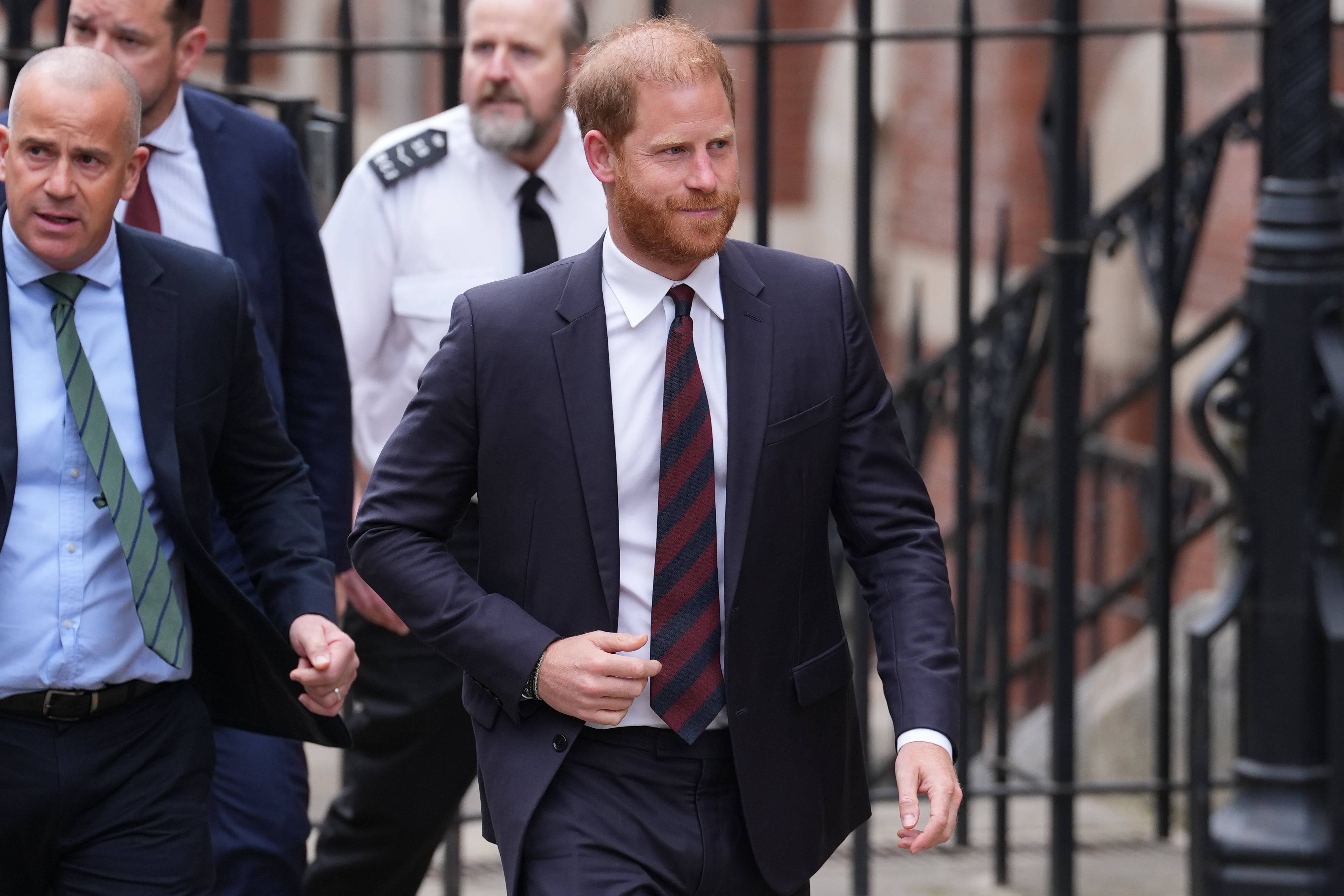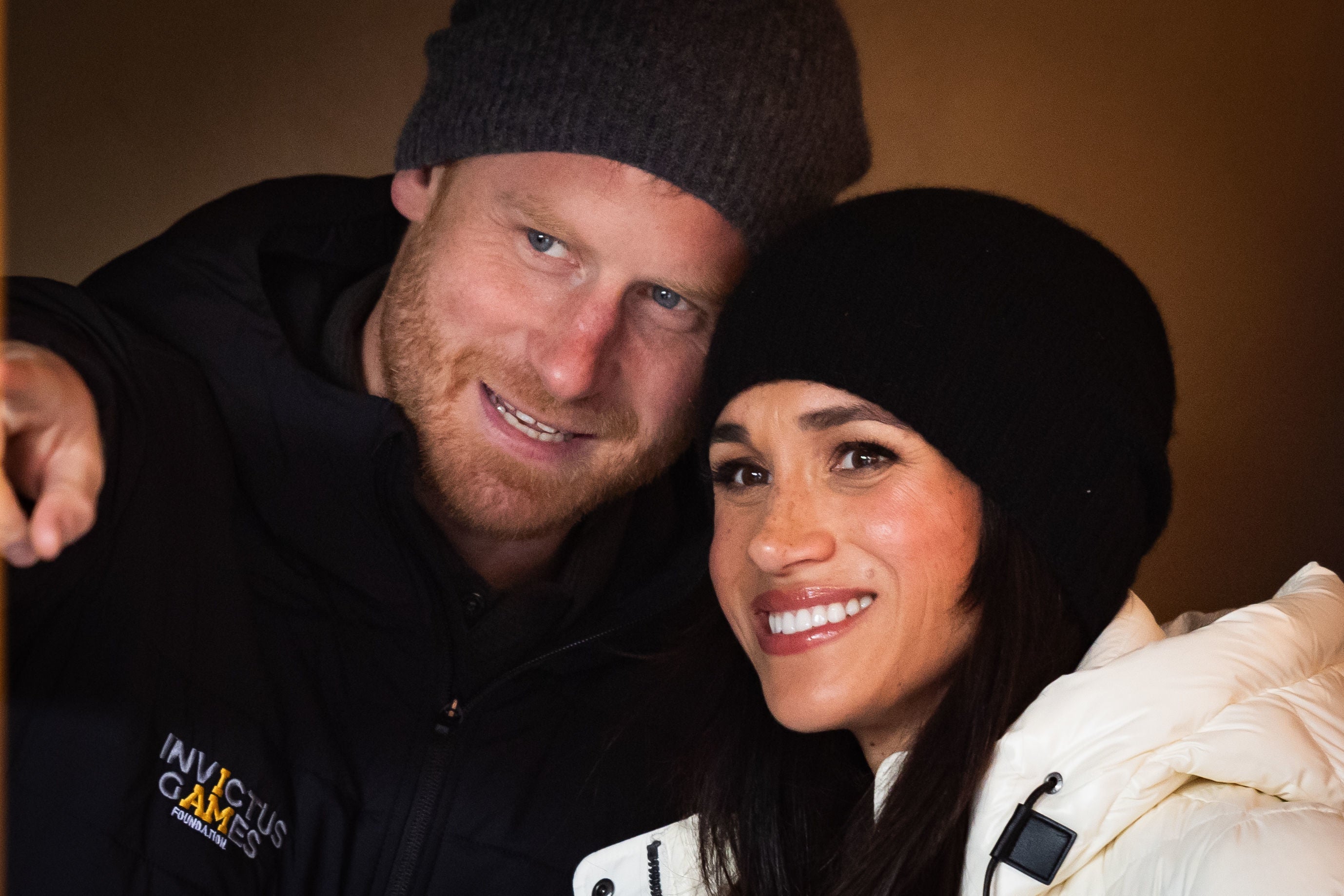The Duke of Sussex asked for taxpayer-funded protection after al-Qaeda made a murder threat against him, according to newly released court documents.
Last week, Prince Harry appeared at the Royal Courts of Justice in London for the latest stage of a legal fight with the Home Office over the level of taxpayer-funded personal security he receives when visiting the UK.
In February 2020, the Executive Committee for the Protection of Royalty and Public Figures (Ravec) decided that Harry should receive a different degree of protection when in the country.
He is appealing against a High Court ruling dismissing his case against the Home Office over the decision in 2024.
Some evidence was heard in private during the appeal case. A newly released summary reveals that Harry made a request for protection following a threat from Al-Qaeda.
Harry “confirmed that he had requested certain protection after a threat was made against him” by the terrorist group, the document said.

Harry has previously said he faces a greater risk than his late mother, Princess Diana, with “additional layers of racism and extremism”.
He believes his family faces an “international threat” and has already highlighted that al-Qaeda has called for him to be killed.
In written submissions as part of Harry’s appeal, parts of which were redacted, Shaheed Fatima KC, for the duke, said Ravec ruled in 2020 that “there is no basis for publicly funded security support for the duke and duchess within Great Britain”.
After the decision, al-Qaeda called for Harry “to be murdered”, and his security team was informed that the terrorist group had published a document which said his “assassination would please the Muslim community”, Ms Fatima said.
The Home Office, which is legally responsible for Ravec’s decisions, is opposing the appeal.

Harry and Meghan announced they were stepping back from official public duties on January 8, 2020.
The duke and duchess were later told during the so-called “Sandringham summit”, which aimed to agree the terms of their new role, that they would not be able to retain the full-time police protection.
Such protection is currently granted to the King and Queen, the Prince and Princess of Wales and their three children.
Ravec’s final decision, shared on February 28, 2020, said that Metropolitan Police protection would no longer be appropriate after the Sussexes’ departure, and that they should receive a different degree of protection when in the UK.
The Sussexes would instead receive a “bespoke” security service, whereby they would be required to give 30 days’ notice of any plans to travel to the UK, with each visit being assessed for threat levels and whether protection is needed.
Ms Fatima told the appeal hearing that the duke had been “singled out for different, unjustified and inferior treatment”, adding that Harry “does not accept that ‘bespoke’ means ‘better’.”
A decision is expected in writing at a later date.
Police locate patient missing from mental health facility
Thief caught after trying to steal luxury watch from plain clothes officers
Rupert Lowe says he has instructed solicitors to begin defamation claims
Easter getaway disruption expected on railways, roads and at Gatwick
Rubio hints US may drop Ukraine peace talks as Lammy hails ‘shared commitment’
Lammy says Russia must accept ‘unconditional ceasefire’ after US-Europe talks







